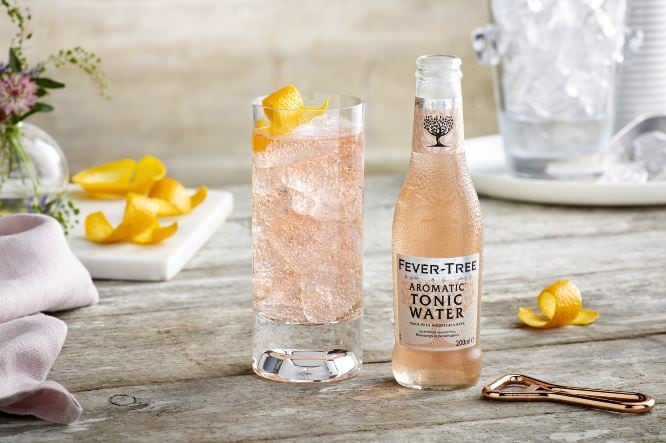The pint in front of me is a pint of cask ale. Since I got back from a much-needed holiday in southern Spain, I’ve struggled to re-engage with beer. I spent nine glorious days drinking sherry, red wine, and the occasional, inconsequential, ice-cold San Miguel. When I got back to London and visited my local craft beer pub, looked at the board to see what they had on and listened to the recommendations, I felt nothing at all.
Before I went away, I’d over-done beer to a massive degree. Then I’d gone cold turkey. Was I finally done with it?
For a week, I thought I was. I drank a few pints of different ales and craft beers, and felt I would have been just as happy with a Heineken, happier with a nice Fino or Manzanilla.
And now, here I am in an industrial unit somewhere in Britain, going through the motions on a grey, dreary day, looking at some shiny new fermentation vessels for what felt like the hundredth time this year while drinking a craft lager that wasn’t really a lager because it was brewed with the house ale yeast and for God’s sake I do wish people would be straight about that – if it’s brewed with an ale yeast it’s an ale, not a lager – and then someone said ‘try the pale ale,’ and I did, and boom, here we are once more, at beer’s bright new dawn, full of love and hope and promise.
Like any dawn, that optimism is balanced by he fact that most of us have lived through thousands and thousands of dawns. Whether we see it or not, this moving target that triggers every single day of our lives remains a powerful metaphor, a new beginning even on days that we feel like we’ve lived over and over again.
How many times have I grown bored of beer? I’ve lost count. But every time, something I thought I knew, something over-familiar, has excited me and reinvigorated me all over again.
This time it’s Hawkshead’s 3.5% ABV Windermere Pale, on cask, served with a sparkler, because (a) we’re in the north – at the opening of their new brewery in the southern Lake District to be exact – and (b) it’s the correct and superior way to serve such a beer. The body is smooth and creamy. The Citra hops are juicy and vibrant. The pale malt is grainy and pleasing. And the whole thing hangs together as if each ingredient underwent eons of evolution followed by decades of careful breeding for the sole purpose of ending up in this glass combined with the others.
A passionate defence of cask ale
These days, I’m sometimes challenged when drinking cask ale by people who read a column I wrote about how I no longer drink it in London. Some saw this as an attack on cask ale, when it was in fact a passionate defence. This pint of cask Hawkshead Pale is as good as cask ale can be. There’s no other beer style, brewed anywhere else on earth, that can match this incredible balance of flavour and subtlety at such a low ABV.
But it only tastes like this when it has been loved and cared for, from the minute it was packaged until the second it was handed to me. I’m simply not interested in drinking cask ale brewed or served by anyone who isn’t prepared to treat it with the level of respect it demands and deserves.
I spent most of this summer conducting research for the latest Cask Report, looking to explain cask’s recent decline and give pointers as to how it might be revived. I learned that many publicans and bar staff know what the right things are to say about cask. The numbers suggested that an awful lot of people serving it know what to say and do, but don’t always follow that through – it’s good enough, and no one’s complained.
The big differences only appear when you split those who adore cask themselves from those who don’t. Those who love cask take genuine pride in presenting it as well as they possibly can, and follow through on the extra work. If cask is to have a future, training staff – while important – is not enough. ‘No one has complained’ is not good enough. If you don’t adore cask yourself, hire someone who does, and give them freedom over it. It could be the difference between double-digit decline, and a bright new dawn.



